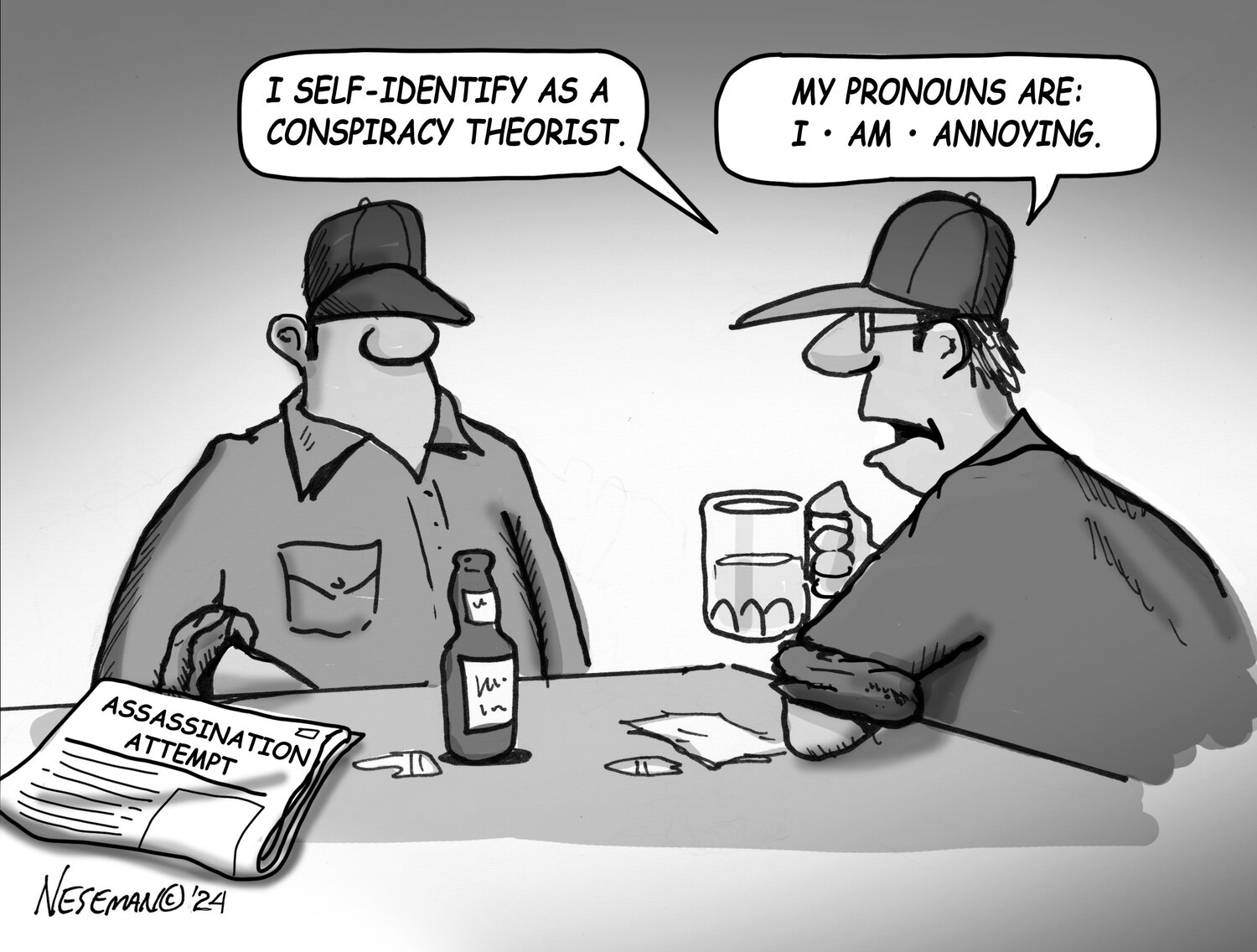Why Riverdale rejects Mayor Eric Adams' "City of Yes" housing plan
Mayor Eric Adams’ City of Yes for Housing Opportunity proposal, designed to address New York’s housing crisis, presents a significant threat to the character and well being of the greater Riverdale area.
A special committee of Community Board 8 has carefully examined the plan and unanimously rejected it. The report highlights major concerns with the proposal’s approach to affordability, tenant rights and environmental impacts. These issues reveal that the City of Yes plan is ill suited for Riverdale and could undermine both the neighborhood and its residents.
One of the fundamental flaws of the City of Yes plan is its inadequate and misleading definition of “affordable” housing.
According to the proposal, affordability is tied to 60 percent of the Area Median Income, which is currently $65,220 for a single person. However, this standard fails to consider the stark economic differences between Riverdale and surrounding neighborhoods like Kingsbridge Heights. What is affordable for Riverdale residents is often out of reach for families in Kingsbridge Heights, yet the proposal applies a uniform metric that ignores this disparity.
The one-size-fits-all approach threatens to widen the gap between wealthy and working-class residents. Instead of creating genuinely affordable housing, the plan risks pricing out long-time residents who could be displaced by new developments they cannot afford. In this context, the CB8 committee is right to reject the proposal, as it does not address the nuanced needs of the neighborhood’s diverse population.
Another concern raised by the committee is the feasibility of the plan for developers. The report questions whether developers will have the financial ability to build affordable units under the proposed framework. New York City is notorious for its high construction costs, and without sufficient public or private funding, developers might cut corners, leading to substandard or fewer affordable units being built. The City of Yes plan fails to provide a clear path for financing these developments, leaving open the possibility that the city’s housing crisis could worsen instead of improving.
The inclusion of Accessory Dwelling Units as a solution to the housing problem presents yet another challenge for Riverdale. While ADUs — such as garage conversions or basement apartments — may seem like a quick fix, they come with significant downsides for existing residents. The CB8 committee rightly expresses concern over the rights of tenants, who could be displaced or disrupted by the addition of these units. Current residents might face noisy construction, reduced living space and a loss of quality of life. Worse, the plan doesn’t guarantee formal community input before such changes are made, leading to potential conflicts between property owners and tenants.
Environmental concerns also loom large in the CB8 report. One of the proposal’s most dangerous elements is its potential elimination of Special Natural Area District protections in the Bronx and Staten Island. These districts are essential for preserving green spaces and preventing overdevelopment in environmentally sensitive areas. Riverdale, with its lush natural landscapes, has long benefited from these protections. Removing them would open the door to unchecked construction, leading to potential environmental degradation. The CB8 committee correctly identifies this as a major issue, as it could have long-term consequences for both the local ecosystem and the residents who enjoy these green spaces.
Finally, the CB8 committee’s concern about tenant displacement is particularly relevant. Developments aimed at wealthier residents ignore the needs of the existing community, and the same pattern could repeat itself under the City of Yes plan. Without stronger tenant protections, Riverdale’s long-time residents could be pushed out, replaced by more affluent newcomers who can afford the new housing units. The plan does little to prevent this, and its potential to accelerate gentrification is a serious problem that the city must address.
The City of Yes for Housing Opportunity proposal, while aiming to tackle the city’s housing crisis, is deeply flawed when applied to Riverdale. The concerns raised by Community Board 8’s special committee are valid and critical.
The City Council should heed these warnings and reject the proposal. Rather than rushing forward with a one-size-fits-all plan, the city needs a housing strategy that addresses the specific needs of each neighborhood and protects the rights of its residents. For Riverdale, the City of Yes is simply the wrong answer.






